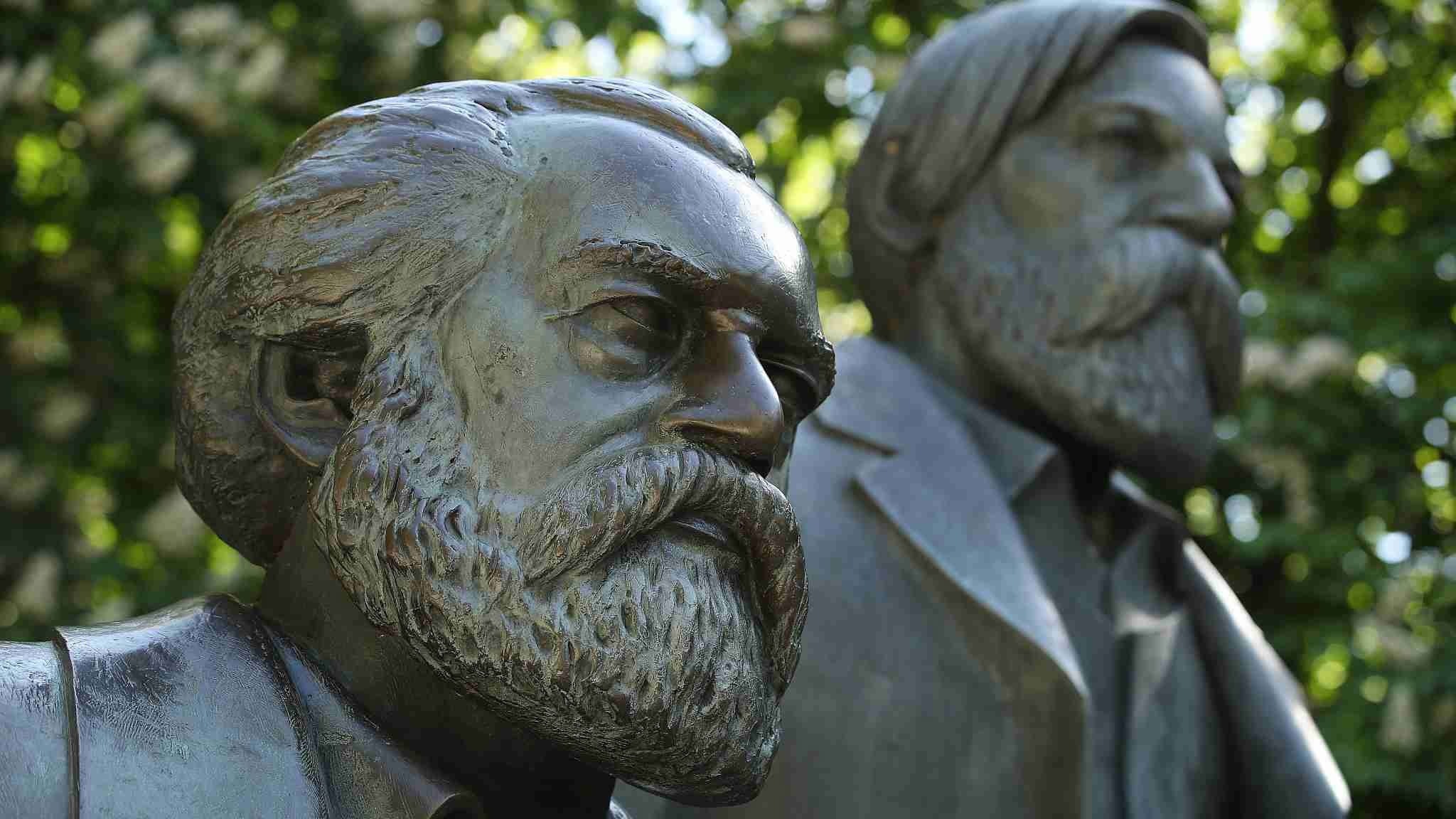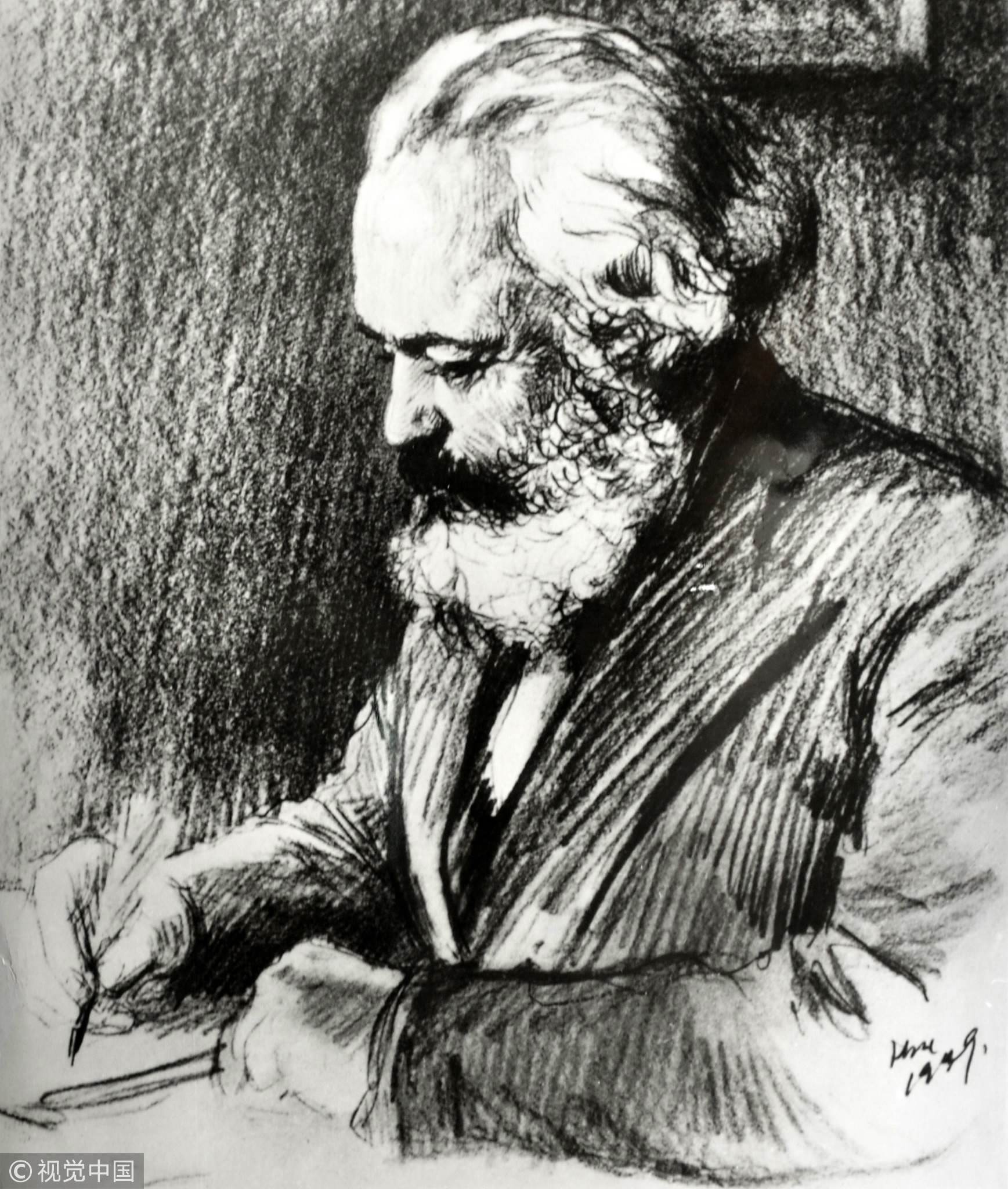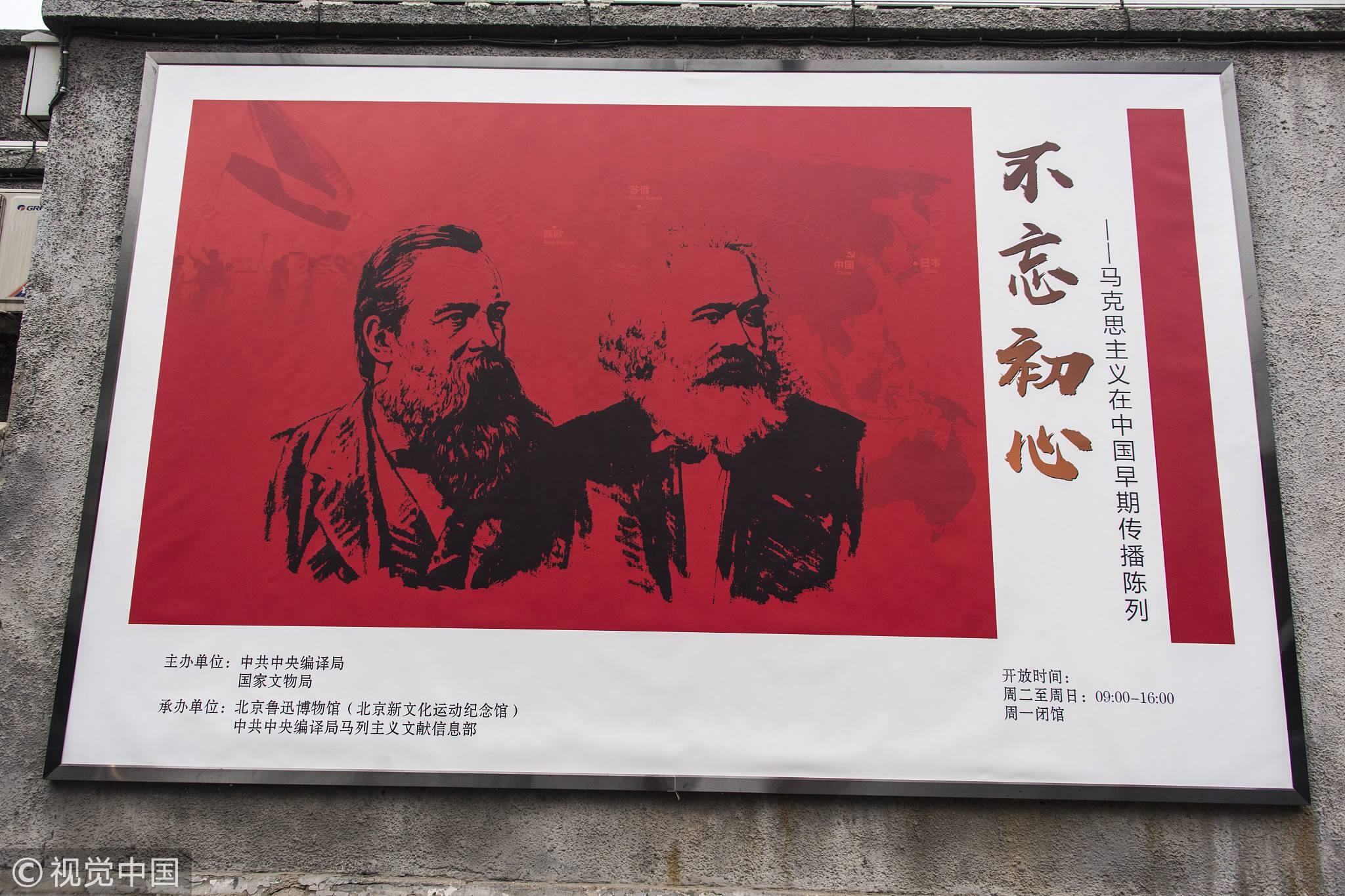
Opinions
23:13, 04-May-2018
Opinion: Marxism at the bicentennial of Marx's birth
Guest commentary by Josef Gregory Mahoney

If we imagine Marxism as a single discursive tradition, despite the multiplicity of different “Marxisms” that have emerged, the concept can be understood broadly as encapsulating two related, but nevertheless separate activities.
The first is a critical tradition that takes as its focus the concerns of injustice under capitalism, with an emphasis on how the political economy affects human relationships for better or worse.
The second is a commitment to the politics of change –whether that's reform or revolution – with a historical tendency towards the latter, with the purpose of advancing social justice through the development of socialism.
Generally, we might describe the first activity as being primarily a matter of theory, and the second a matter of practice, but most Marxists would consider such distinctions to be too cute, as the second should be advanced in step with the first as matter of praxis.
Nevertheless, the question of what constitutes proper Marxist political practice, posed best by Vladimir Lenin as “What is to be done?” is one that continues to bedevil many Marxists – past and present.
There are many tactics and strategies that have been developed and exercised in Marx’s name, and the extent to which these are viewed as having been effective depends on the type of historically-situated ideology under which one suffers. There is of course a substantial pro-capitalist camp that categorically rejects Marxist theory and politics, and which famously declared the “end of history” following the collapse of the Soviet Union. For Marxists or those with Marxist sympathies, “the struggle,” so to speak, produced a number of achievements and experienced an equal – if not greater – number of setbacks. And for some, it continues, whether through activities aimed at revolution, or the more tepid approaches taken today by avowedly socialist or even communist parties among others, as well as by Social Democrats and whatever remains of left-oriented New Labor movements after Tony Blair and others like him followed Bill Clinton’s “New Democrats” by sliding to the right.

Karl Heinrich Marx (5 May 1818 14 March 1883) was a German philosopher, economist, sociologist, historian, journalist, and revolutionary socialist. /VCG Photo
Karl Heinrich Marx (5 May 1818 14 March 1883) was a German philosopher, economist, sociologist, historian, journalist, and revolutionary socialist. /VCG Photo
Regardless of how one chooses to exercise political agency, and let’s face it, there are reasons to take to the streets (all praise to those who go, go, goddammit go!) and reasons to hesitate (maybe we should rethink this before they butcher us again) – the global relevance of Marxism as a critical perspective has never been greater.
It is without satisfaction, indeed, perhaps even with measures of shame that we might conclude that this relevance is so stark today because effective political agency has been so absent. As capitalism has increasingly extended its scorching grip globally, human progress has become an index of increasing social and environmental injustice.
Firstly and recently, as Thomas Piketty’s "Capital in the Twenty-First Century" demonstrated empirically that wealth inequality is already severe and getting worse. Indeed, as capital has established a global hegemony, the trend appears to conform to Marx’s assessment that capitalism ultimately results in two classes opposed to each other – the capitalist and the proletariat – with what had once been the so-called middle classes merely a shrinking, vestigial tail hanging from the behinds of their moneyed masters.
Secondly, this has been accompanied and exacerbated by a level of environmental devastation that by any honest, sober, scientific assessment has already reached or will soon reach a tipping point threatening life worldwide.

Exhibition on the early spread of Marxism in China, Feb. 27, 2018 /VCG Photo
Exhibition on the early spread of Marxism in China, Feb. 27, 2018 /VCG Photo
And yet, pessimism and cynicism are the symptoms of hostages who’ve lost hope. By contrast, a Marxist is always an optimist. To this end, a Marxist raises an eyebrow and then winks as he reaches for his tools: the contradictions of capitalism are sharpening the sickles of change. Income inequality, gender inequality, racial inequality, regional inequality, the divergence of class interests and the ongoing economic and political crises facing workers in most countries, including increasingly, so-called “developed” countries.
Such failures inevitably invite criticism and new politics. In some cases, given the global collapse of leftist movements, reactionary forces have coalesced periodically as new nationalisms with rightist, if not fascistic characteristics. A great number of workers have been and will be distracted by such developments. However, history has demonstrated that without fail, such movements, while dangerous and backward, are intrinsically self-limiting. Along the way, while the specifics of change are not predetermined and no genuine Marxist predicts the future, we slowly awaken to the fact that we have a lot more work to do. Then, as naturally as we care for children, we do it.
(The author is Professor of Politics and Director of the International Center for Advanced Political Studies at East China Normal University in Shanghai. The article reflects the author’s opinion, and not necessarily the views of CGTN.)

SITEMAP
Copyright © 2018 CGTN. Beijing ICP prepared NO.16065310-3
Copyright © 2018 CGTN. Beijing ICP prepared NO.16065310-3